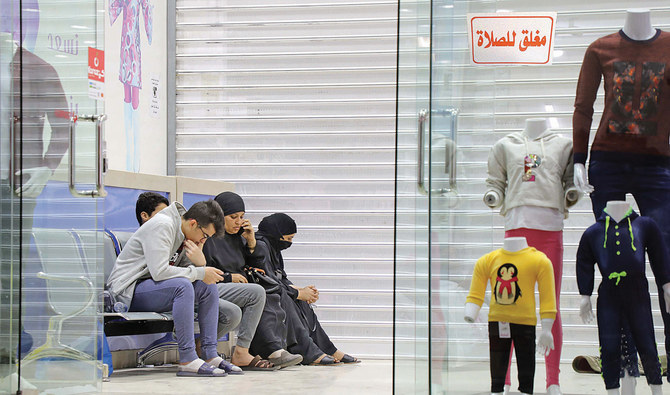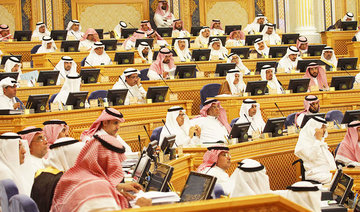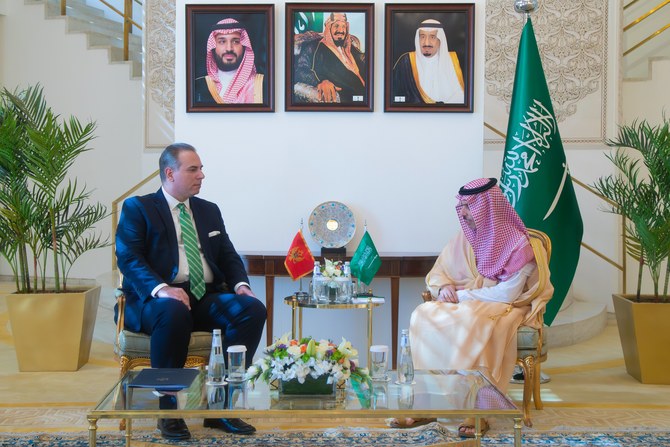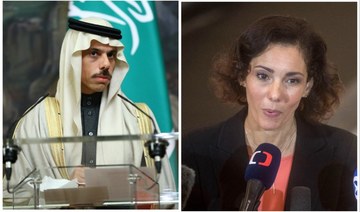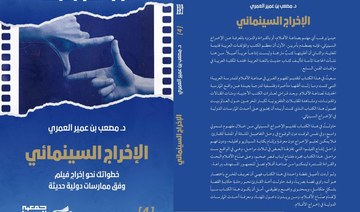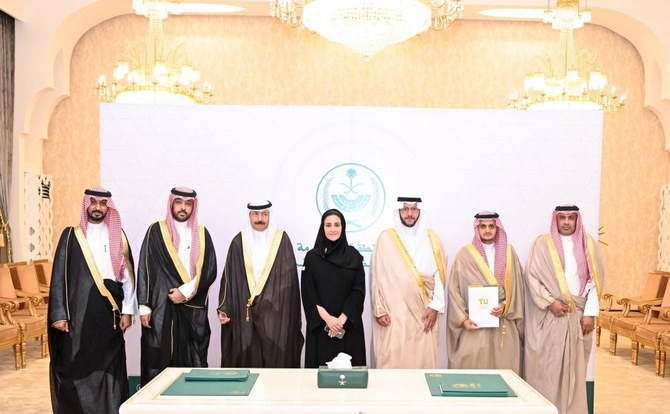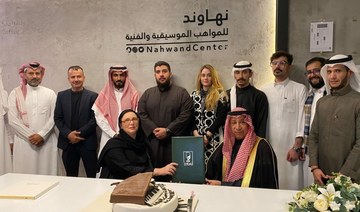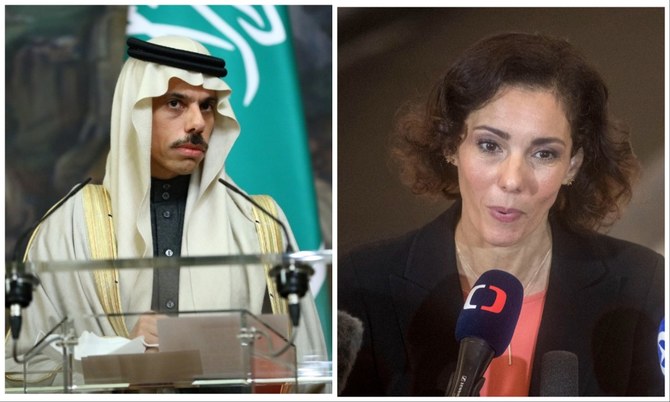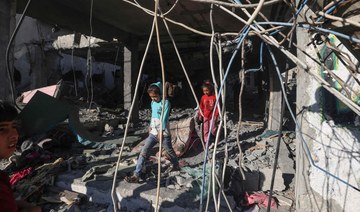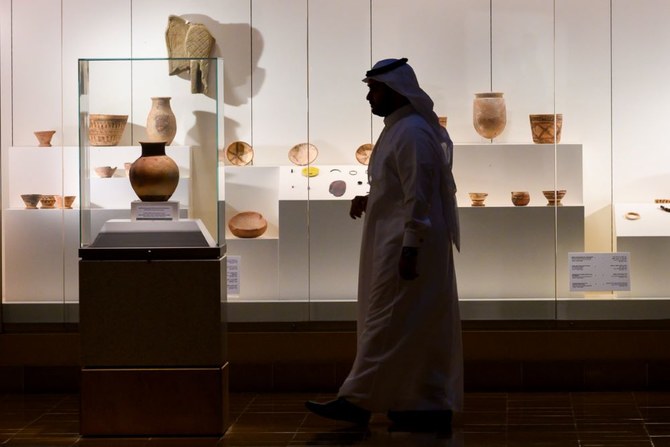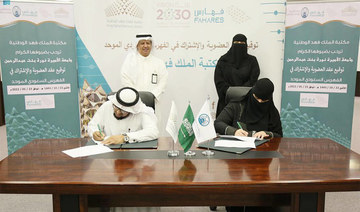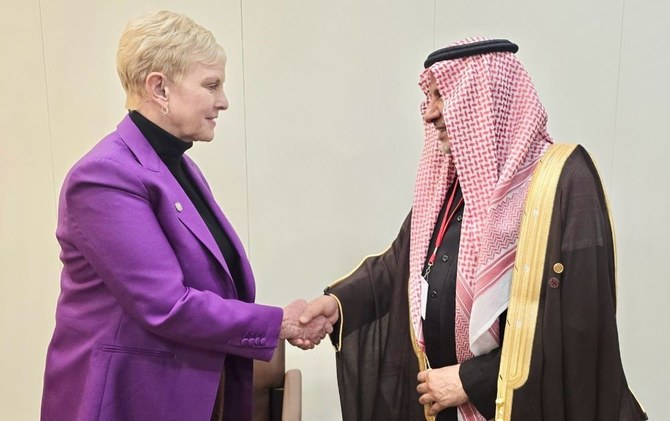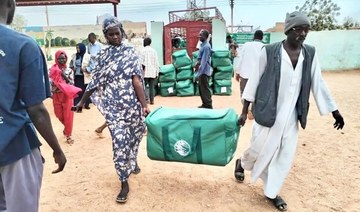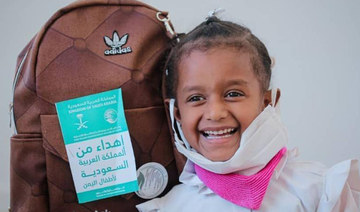JEDDAH: Saudi Arabia has recently announced allowing commercial activities to function for 24 hours, in a new string of promised boosts of business and provide services for all. While the change solves many problems, such as congestion and loss of potential income, many Saudis still debate whether or not it will include the custom of shops closing during prayer time, five times a day.
A custom that has uniquely defined Saudi Arabia among all Muslim countries, which typically require shops to close only during the weekly Friday prayers, this practice has long been discussed and disputed in society.
For over 30 years, commercial businesses in Saudi Arabia have shut and locked their doors as soon as the first call of prayer is heard. Cars would queue waiting petrol stations to open, pharmacies were closed, restaurants and supermarkets as well with patrons and visitors forced to wait outside in a manner deemed inconvenient to most people. Prior to the recent reforms which have checked the powers of the now regulated Commission for the Promotion of Virtue and Prevention of Vice (CPVPV), or religious police as they were commonly known, officers of the CPVPV had the power to arrest and punish shopkeepers for even delaying closing their stores for a few minutes. Punishments ranged from detention, lashing and even deportation if the shop attendant was not Saudi.
The debate to keep shops and businesses open has been a topic of discussion in many settings amongst members of Saudi society as of late. From Shoura Council members, to businessmen and women and everyday ordinary citizens, with many wondering if the law would stand for all hours of the day.
However, the bigger question is being asked by a new generation of the country’s youth, which form the majority of the population of the Kingdom: Why is it that Saudi Arabia is the only country that enforced this kind of practice, as opposed to just Friday prayers?
Executive regulations
In 1987, the executive regulations of the CPVPV were issued by the General President of the commission, and the second paragraph of the first article cited the following: “As prayer is the pillar of religion and its hiatus, then the members of the commission must ensure its performance at the specified times in mosques, and urge people to promptly respond to the call for prayer, and they must ensure that shops and stores are closed, and that sales are not done during prayer time.”
Speaking to Arab News, Sheikh Ahmad Al-Ghamdi, the former director of the CPVPV in Makkah, said that the document allowed members of the religious police to take the necessary measures, and many opted to apply what should have only been applicable to Friday prayers to all prayers of the day.
“This second paragraph of the first article of the Commission’s executive regulations was a discretionary procedure that was not based on a system, as the executive regulations of the Commission are issued by the General President of CPVPV, and its body system does not oblige closing shops during prayer times,” said Al-Ghamdi. “It became a practice that has been established by the Commission, according to the second paragraph of the first article without relying on an established order.”
Dr. Issa Al-Ghaith, a judge, Islamic scholar, a member of Saudi Arabia’s Shoura Council and the King Abdul Aziz Center for National Dialogue, has spoken about the matter a number of times. In a recent article published in Makkah newspaper on Jan. 1, 2020, Dr. Al-Ghaith explained that there is no religious or legal base.
“There is no legal base for closing shops for prayer after amending the bylaws of the authority, noting that forcing shops to close their doors and people to pray right at the beginning of prayer time, and to do this in a mosque, stands no ground neither in Shariah nor in law,” said Dr. Al-Ghaith.
“It is rather a breach of both of them, and an infringement on people’s religious rights (right of Ijtihad and freedom to follow a reference) and worldly rights (freedom of movement, shopping, benefitting of services round the clock without being forced to abide by judicial matters subject to conflict and differences).”
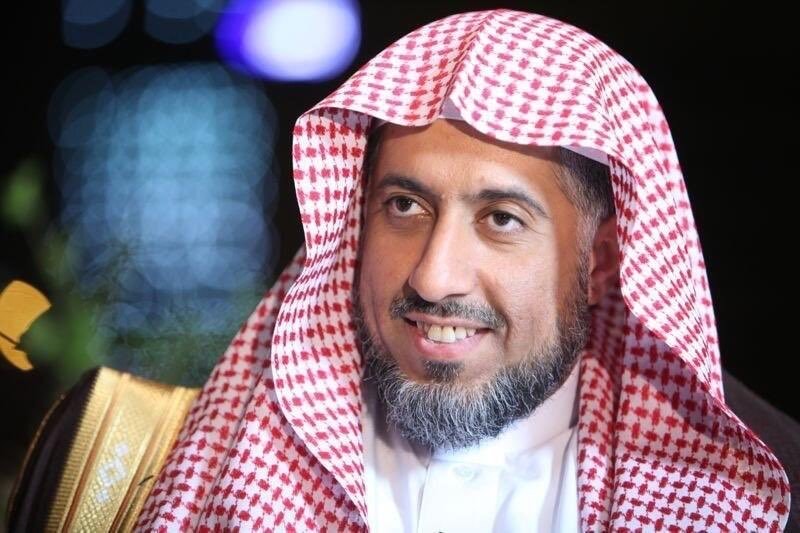
Dr. Issa Al-Ghaith
Religion and laws aside though, it seems there is no clear verdict within society on whether or not the practice of closing shops during prayer times should continue or not.
Speaking to Arab News, a number of female retail workers at one of Jeddah’s biggest shopping malls told of the benefit of closing shops during prayer times. The group of females who requested to stay anonymous told Arab News that it’s not all that it seems to be when shops close.
“Many believe we actually take a break and lounge around for the 20-40 minutes when stores close for prayer times. Rarely do we have that freedom to be honest,” said 25-year-old S.K., a Saudi working in the store for 7 months now. “The mess that customers leave behind is too much to handle during regular open store hours so we take advantage of the time we have and reorganize the store, clean up and replace all clothes on the racks.”
“I agree with my colleague,” said 29-year-old M.A. “We don’t mind the closing hours as things get really hectic especially on holidays and as you can see now during the sale. So we do take the opportunity sometimes and either try to relax in the quiet before we finish whatever it is we need done during that time. We understand people’s frustrations but it helps us.”
“I don’t have the luxury of time unfortunately,” said Rawan Zahid, a mother of three girls and a worker at a private company. “I live close to an hour away from my office and my youngest is 4 months old so I don’t have the luxury of time to go shop after work as the call for Maghreb (sunset) prayers are called and I would rather go home and spend some time with my daughters.”
While juggling her job and family life, Zahid believes that it’s difficult to sustain this for long. “It’s unreasonable in my opinion,” Zahid said. “I think it’s too much of a burden on many people especially those who work long hours of the day. For those who don’t have help to care for their children, it’s very difficult to run simple errands and it’s extremely tiresome.”



